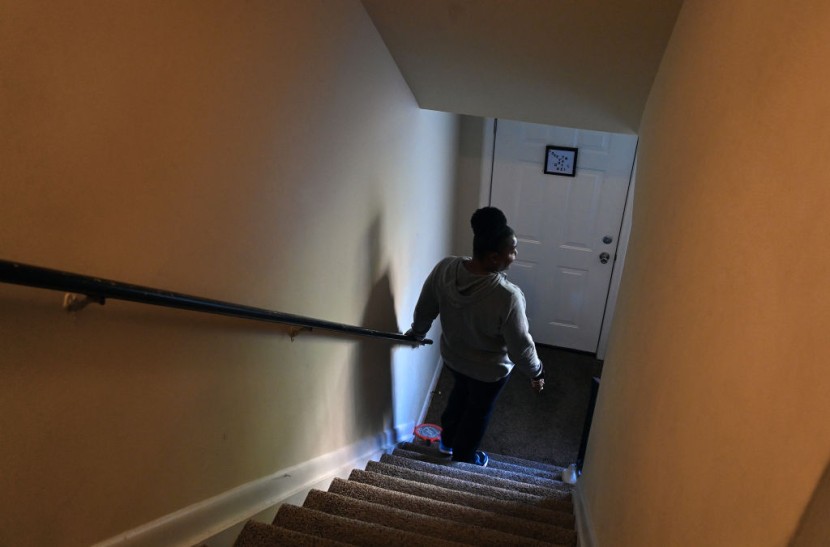
The United States Supreme Court refused to lift a prohibition on evictions for tenants who have not been able to pay all or some rent during the COVID-19 pandemic. The verdict was challenged by the Alabama Association of Realtors. The court, by a 5-to-4 vote, left the nationwide moratorium on evictions ordered by the Centers for Disease Control and Prevention (CDC) in place.
The SC is upholding the prohibition over the four opposing conservative justices' votes. The court rejected a plea by landlords to cut off the CDC moratorium on evicting millions of tenants who are not paying rent.
Extension of Moratorium
The administration did not expect one more extension. In the previous week, President Joe Biden extended the moratorium by a month, which is until the end of July, reported CBS 7.
According to Justice Brett Kavanaugh, he voted not to end the eviction program merely because it is slated to expire on July 31. He cast the last vote to declare the decision. He added this was also because such few weeks will allow for extra and more organized dissemination of the funds that Congress appropriated to offer rental assistance to those in need and who are affected by the global health crisis. He added that Congress would have to pass clearer and newer legislation to extend the moratorium past July 31, reported NP0R.
US Judge Dabney Fri0edrich from Washington struck down the moratorium as exceeding the authority of the CDC. However, her ruling has been halted.
Kavanaugh stated he agreed with Friedrich's ruling. However, he voted to leave the ban on evictions in place due to the fact that it is due to end next month.
Also in the previous week, the Treasury Department released new advisory encouraging states and local governments to streamline the dissemination of the almost $47 billion in available emergency rental assistance funding, reported AP.
According to the Biden administration, it does not consider extending the moratorium more.
Officials who also voted to leave the program intact until the end of July were Justices Stephen Breyer, Sonia Sotomayor, Elena Kagan, and Chief Justice John Roberts. Justices Amy Coney Barrett, Samuel Alito, Clarence Thomas, and Neil Gorsuch remarked that they would have ended it.
The eviction prohibition was first imposed in 2020. It aimed to provide protection for renters out of concern that having families lose their houses and move into shelters and share crowded conditions or shelters with friends or relatives during the pandemic would further add to the prevalence of the novel coronavirus.
The deliberation arrives at a time when an estimated seven million American households were observed to be behind on their rent as numerous people experienced unemployment during the pandemic.
According to the Department of Housing and Urban Development, 6.4 million US households were behind on their rent by the end of March. As of June 7, an estimated 3.2 million people in the United States said they faced eviction in the following two months, according to the United States Census Bureau's Household Pulse Survey.
Related Article : FDA to Add Warning to Moderna, Pfizer COVID Vaccines Literature; 309 Hospitalized Due to Heart Inflammation
Related Article : FDA to Add Warning to Moderna, Pfizer COVID Vaccines Literature; 309 Hospitalized Due to Heart Inflammation
© 2026 HNGN, All rights reserved. Do not reproduce without permission.








